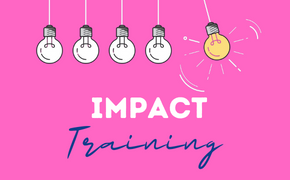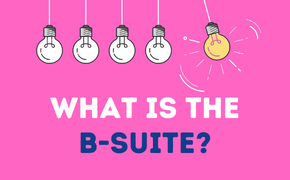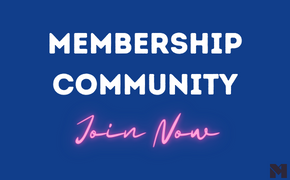I’ve been thinking a lot about power recently. Not in a megalomaniacal, mwah ha ha kind of way but in a how does the mere concept of power affect our ability to lead from the middle kind of way.
- It started in a conversation about confidence in a recent group coaching session, and the way that our confidence can be affected by hierarchy or – more accurately – by interacting with people who we perceive to have greater power than our own.
- Then Zoe Routh’s monthly podcast was on books of power.
- Finally, this article about power pops into my inbox.
So, power is definitely in the air – but why does that matter to B-Suite Leaders?
Power is essential for IMPACT, and informal power is hard to pin-point.

Power is loosely defined as the ability to get other people to do what you want. Which sounds a bit Machiavellian but let’s face it, it’s core to influence, and influence is core to leadership.
Wielded poorly and you get a reputation for being manipulative, political or hierarchical. Wielded well and you achieve impact more easily. But how do you even know you have power – it’s often hard to identify your power when you’re in the B-Suite. And if you suspect you do have power, then where is that power coming from?
It turns out your power is coming from one of these 6 sources:
- Coercive (the power of negative consequences)
- Reward (the power of positive consequences)
- Legitimate (the power given to you by hierarchy, rank or responsibility)
- Referent (the power bestowed upon you by those who want to be like you)
- Expert (the power of knowing the most)
- Informational (the power of controlling important information)

Get Power-conscious
We unconsciously attribute power in every interaction we have; that’s why it can easily affect our confidence in each individual interaction. Sometimes we will speak up and push back and other times we are more careful or reserved. It’s why being brushed off by a peer can feel so disempowering, and sometimes why we offend others without even knowing it.
Power is something that is most often mis-attributed (you assume someone has more power than they actually do), mis-used (there’s always a handful of leaders in your organisation using power to their own advantage), under-used (far more leaders who don’t leverage their power for the greater good) or un-recognised (every B-Suite leader has far more power than they think they do.)
- Recognising and using your power deliberately and for good is an important part of Levelling up your Leadership and achieving more personal impact. For more on this, ask me about my Level Up program, or join our next round table.
- Power play is core to leadership team dynamics and can easily cause combative cultures, reputational damage and even toxicity – and it’s an area where we often need help to unpack and reset team dynamics for greater impact. For more on this ask me about my PlayNice program or join our next round table.













